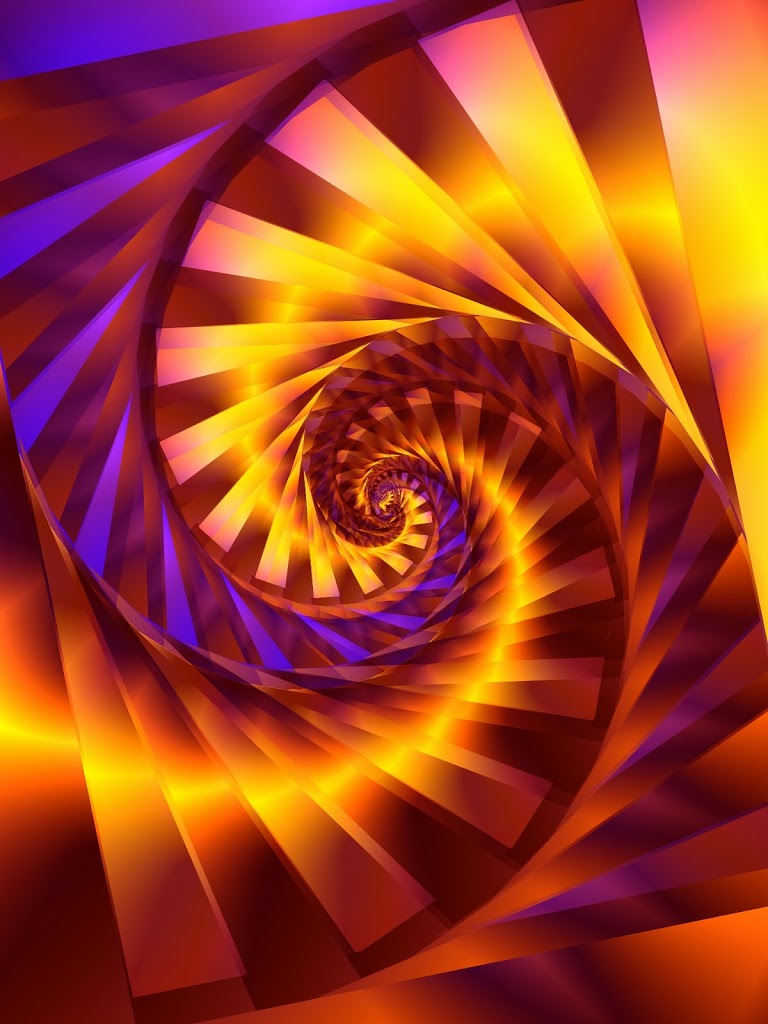Qi (pronounced ‘chee’) is one of the most basic concepts in TCM (Traditional Chinese Medicine) but also one of the hardest to define. Other names for it are ‘ki’ in Japan and in India, yogis call it ‘prana’. It was known in ancient Egypt as ‘ka’, and in ancient Greece as ‘pneuma.’
What we can say for certain is that qi is a nonmaterial and essential substance that is at the core of our universe, our bodies and all phenomena.
In TCM, there are several types of qi. A couple of examples include, ‘wei qi’ (also known as defensive qi) which protects us against invading illness and ‘yuan qi’, the original qi or our foundational qi. Qi is also associated uniquely to the different organs of the body, such as kidney qi, heart qi, etc.
In Traditional Chinese Medicine, good health and vitality is dependent on sufficient amounts of qi and it’s free flow throughout the body. The power of an acupuncturist’s needles comes from qi. It is this energy that acupuncturists manipulate to balance the body, fight disease and help you to maintain good health.
~


